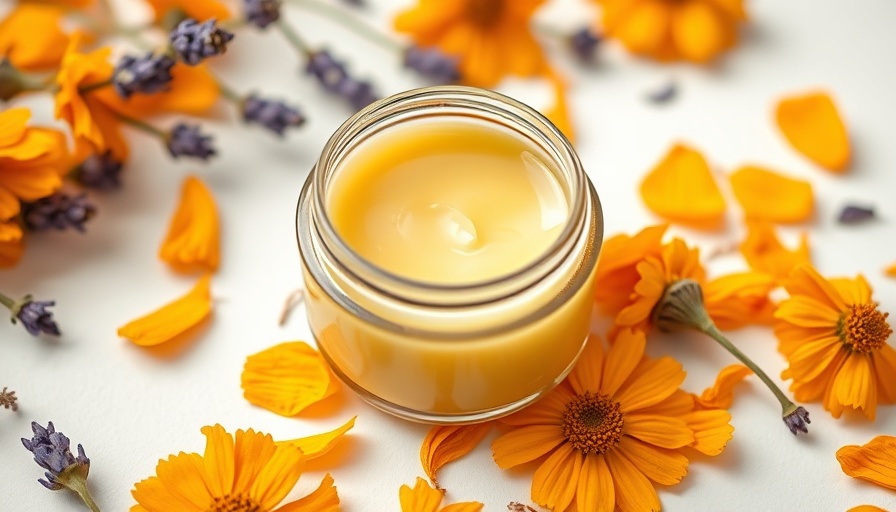
Understanding the Cycle of Cravings and Habits
Habits are like pathways in our brains, formed through repeated actions and responses. They help us survive daily life, but many can also lead us toward unhealthy choices. Think of how children naturally create a path through the grass by walking the same way over and over again; similarly, our brains establish connections through neural pathways created over time. As neuroscientist Eric Kandel discovered in his research, even simple organisms like sea slugs know instinctively to move toward what nourishes them and away from what could harm them. This foundational survival mechanism demonstrates how ingrained our habits can be.
The Role of Cravings in Habit Formation
The development of habits often hinges on reward-based learning. Judson Brewer, in his book The Craving Mind, explains that this learning process can easily lead us astray. For instance, teenagers who observe their peers smoking may feel an urge to try it themselves to feel accepted or 'cool'. Once they indulge, they develop a rewarding memory that makes them want to repeat the behavior, reinforcing the cycle. As a result, the brain begins to associate smoking with feeling good, and the habit quickly spirals out of control.
Breaking Bad Habits with Mindfulness
Mindfulness presents a powerful method for breaking this loop of cravings and compulsive habits. Rather than reacting automatically to cravings, mindfulness encourages us to pause and observe our thoughts and feelings without judgment. This practice allows individuals to recognize the triggers for their cravings and the emotions tied to these responses. By fostering awareness of the present moment, mindfulness helps to disrupt the habitual cycle. You may find that simply becoming aware of a craving, instead of immediately acting on it, can diminish its intensity.
Real-Life Applications of Mindfulness
Consider the example of someone attempting to quit smoking. Instead of responding to the urge to smoke when they see other people lighting up, practicing mindfulness can help them take a step back. They can acknowledge the craving, evaluate why they feel that way, and choose a different response, such as taking a few deep breaths or engaging in an activity that distracts them.
Community Stories of Transformation
In recent years, many individuals have shared their stories of overcoming habits with the aid of mindfulness. One inspiring account comes from a young woman who overcame binge eating. By integrating mindfulness practices into her daily routine, she learned to recognize the triggers that led her to overeat, such as stress or boredom. Instead of reaching for junk food as a quick comfort, she began using her breath and meditation to address her emotional needs, creating a new path toward mindful eating.
Embracing Mindfulness for Sustainable Change
The beauty of mindfulness lies in its accessibility and sustainability. Anyone can incorporate mindfulness techniques into their lives, no matter how busy their schedule may be. Simple practices like mindful breathing or dedicated time for reflection can help cultivate awareness and disrupt negative habits. Over time, these practices can forge new, healthier habits, proving that change is possible.
Actionable Steps to Start Your Mindfulness Journey
If you're looking to break bad habits, here are some actionable steps to begin your mindfulness journey:
- Set aside time for meditation: Start with just a few minutes a day to build your awareness.
- Identify your triggers: Keep a journal to note when cravings arise and what circumstances precede them.
- Practice mindful breathing: Take a moment to breathe deeply when you experience a craving, shifting your focus to your breath.
- Engage the senses: Explore healthier alternatives to your bad habits by discovering new enjoyable experiences.
In conclusion, breaking bad habits doesn't have to feel insurmountable. With the practice of mindfulness, you can take conscious steps toward healthier living. By becoming aware of the automatic pathways your brain may lead you down, you can begin to break free and create healthier habits. Join the growing community embracing mindfulness and empower yourself to thrive!
 Add Row
Add Row  Add
Add 




Write A Comment